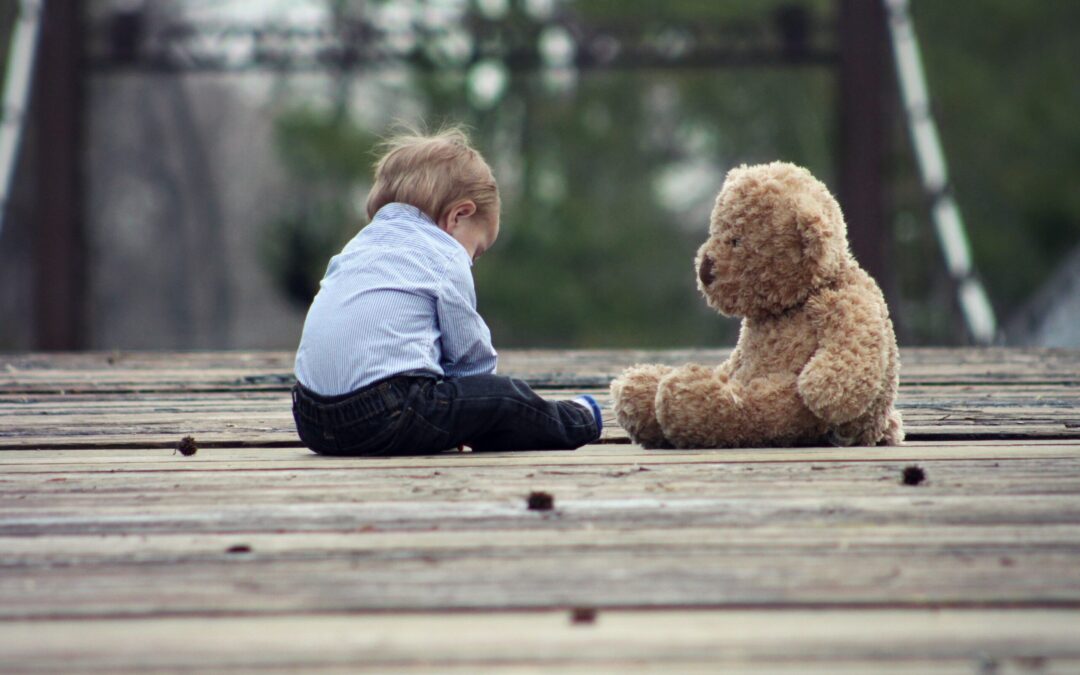Stress surrounds us on a daily basis. From traffic delays to work projects, worries about finances or health, and news reports of world events, the demands of our everyday lives produce both positive and negative stress. Stressors (which are the things that cause your stress) can be physical, emotional, theoretical, or environmental. Even positive events like weddings and job promotions cause stress.
Whether negative or positive, one thing is certain – stress raises the body’s anxiety levels. When we’re under stress, the “fight or flight” response kicks in. It raises your heart rate and your blood pressure. It sometimes causes you to lose sleep or feel like you can’t breathe. While this response generally subsides after the stressor is removed, a prolonged or permanent stress response can develop in someone who is under frequent or constant stress. This is called toxic stress and it can affect children just the same as adults.
Effects of Stress on Kids
The incidence of diabetes, obesity, heart problems, cancer and other diseases increases when a child lives with toxic stress. Additionally, a child’s chances of smoking, depression, substance abuse and dependence, teen pregnancy and/or sexually transmitted disease, suicide and domestic violence escalates. So does their tendency to be more violent or to become a victim of violence.
Studies done by the Centers for Disease Control and Prevention (CDC) show that when a child is subjected to frequent or continual stress from thing like neglect, abuse, dysfunctional families or domestic abuse – and they lack adequate support from adults – their brain architecture is actually altered and their organ systems become weakened. As a result, kids who live with stress risk lifelong social and health problems.
Of the 17,000 people participating in the CDC study, two thirds reported an Adverse Childhood Experiences (ACE) score of 1 or higher. Of these, 87% had more than one ACE. By measuring and scoring ten types of trauma ranging from neglect or bullying to childhood sexual abuse and even divorce, researchers could assess the chronic disease risk for the study’s mostly white, middle class participants. Their results showed that the problem of toxic stress isn’t limited to children of certain ethnic groups or those who face poverty – children from all walks of life can have high ACE scores which will affect their entire lives.
If you would like to find out your ACE score and what it might mean for you, go here.
Signs of stress
Children who are exposed to toxic stress exhibit:
- Poorly developed executive functioning skills
- Lack of self-reflection and self-regulation
- Reduced impulse control
- Maladaptive coping skills
- Poor stress management
Research on children who face continued toxic stress shows they are more likely to have:
- Trouble learning in school
- Difficulty trusting adults, forming healthy relationships and will have an increased chance of divorce as an adult
- Higher incidence of unhealthy behaviors such as engaging in sexual experimentation and unsafe sexual practices, participating in high-risk sports, smoking, substance abuse and alcohol abuse
- Higher incidence of depressive disorders, post-traumatic stress disorder (PTSD), behavioral disorders, and even psychosis
- Poor health outcomes such as heart disease, obesity, diabetes, cancer, and have a higher suicide risk
Help for Toxic Stress
The key to preventing and reducing toxic stress in kids is awareness. Now that we know about the effects of ACEs, many states have conducted their own research. Some cities formed task forces, while others are working with pediatricians, schools, daycare centers and the justice system to set up screening programs that can turn lives around.
Protecting children from toxic stress involves a multi-faceted approach that targets both the caretaker and the child in order to strengthen family stability. Treatment includes intervention and implementation of methods that reduce stressors and reinforce the child or caregiver’s response to stress.
As more programs are formed, researchers have found that children can benefit even when the solutions are solely focused on their caregiver and aren’t aimed at the child. This is most likely because the caregiver’s altered interaction with the child makes the child feel safer. Parenting classes, family-based programs, access to social resources for parents, peer support and telephone support are beneficial. Cognitive behavioral therapy and relaxation methods like yoga and mindfulness are also helpful. Additionally, community-based programs like Head Start have been shown to be effective.
Do you have Questions?
For more information about toxic stress and its effects on child development, contact the Children’s Center for Psychiatry Psychology and Related Services in Delray Beach, Florida or call us today at (561) 223-6568.

